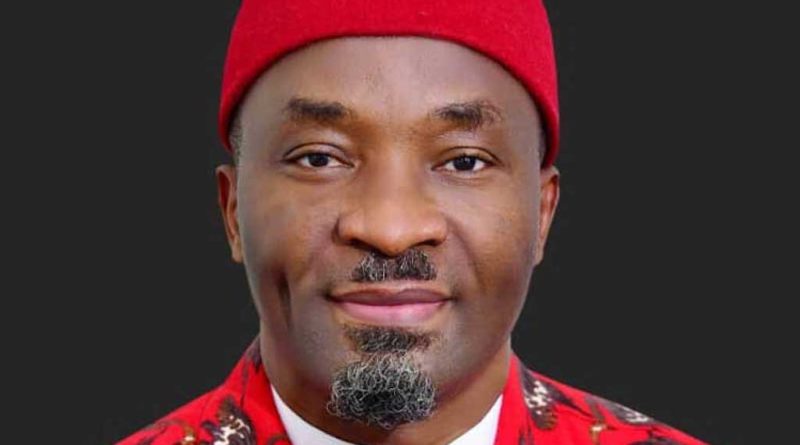Party leaders push for more legislative seats, LG autonomy, others
Political party leaders have proposed wide-ranging constitutional reforms, including the creation of additional legislative seats for women, greater autonomy for local governments, and new social welfare provisions to protect vulnerable Nigerians.
They made the proposals on Monday in Abuja at a consultative meeting between the House of Representatives Committee on Constitution Review and national executives of registered political parties.
The meeting, chaired by Deputy Speaker Benjamin Kalu, was part of ongoing consultations ahead of the next phase of the 1999 Constitution amendment process.
The National Secretary of the Young Progressives Party (YPP), Vidiyeno Bamaiyi, called for an expansion of legislative representation to promote gender inclusion and broader participation.
“We should have an additional senatorial seat for each state, including the FCT,” Mr Bamaiyi said. “That means states will have four senators, and the FCT will have two. Similarly, every state should have additional House of Representatives and state assembly seats to accommodate women representatives.”
He explained that the proposal would ensure that each senatorial district in a state produces at least one woman lawmaker at the state assembly level.
“For instance, if a state has 25 members in its House of Assembly, it will now have 28, one woman from each senatorial district,” he said, describing the move as a practical approach to redressing the gender imbalance in governance.
Concerns over international human rights provisions
In his submission, ThankGod Enahoro, the national legal adviser of the Zenith Labour Party (ZLP), cautioned against the wholesale adoption of international human rights instruments into Nigerian law without legislative scrutiny.
He said while Nigeria must uphold universal human rights principles, international conventions “must still be domesticated through parliamentary oversight to reflect local realities.”
“Some of these international provisions do not fit our social environment,” Mr Enahoro said. “They should be subject to legislative approval before enforcement under our law.”
He also faulted a proposed amendment that would commute death sentences for pregnant women to life imprisonment, arguing that it risked creating discrimination between male and female convicts.
“A law that imposes different punishments for the same crime is retrogressive,” he said, while noting that the death penalty itself “appears to have no real purpose and should be abolished.”
Labour Party seeks welfare for vulnerable youths
Deputy National Chairperson of the Labour Party (LP), Ayo Olafemi, commended the committee for its forward-looking approach but called for stronger social welfare provisions in the Constitution.
He proposed that the government create hostels in every local government to accommodate vulnerable and unemployed youths as part of the nation’s social responsibility.
On defection, Mr Olafemi urged lawmakers to take a firmer stance by making it mandatory for any legislator who defects from their party to lose their seat automatically.
“Once you defect, you lose your seat, and your party replaces you. That’s the only way to stop abuse and ensure discipline in the system,” he said.
LG autonomy and gender balance in party leadership
The National Chairman of the Accord Party, Maxwell Ngbudem, and a representative of the New Nigeria Peoples Party (NNPP) also made far-reaching proposals aimed at strengthening democracy and local governance.
The NNPP representative called for a constitutional provision mandating that at least six women must be members of every party’s national working committee before such parties can qualify for registration or alliance.
READ ALSO: Reps deputy speaker seeks political parties’ support for constitution review
He also recommended that the power to appoint members of the Independent National Electoral Commission (INEC) be taken away from the president and vested in a National Assembly–constituted special committee, with the INEC chairperson restricted to only a retired Chief Justice of Nigeria or a retired President of the Court of Appeal.
“This will prevent the President from being a judge in his own cause and guarantee INEC’s true independence,” he said.
Committee’s response
Mr Kalu responded by saying that the committee would carefully review all the propositions.
One of the committee’s consultants also reinforced the need to clarify the defection clause, noting that political parties, not individuals, legally own elective seats under Nigeria’s electoral framework.
“If you cease to be a member of the political party on whose platform you were elected, you vacate the seat for that party,” he explained.
Some bills seeking the creation of reserved seats are before the review committee.


